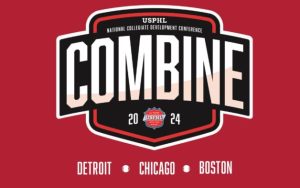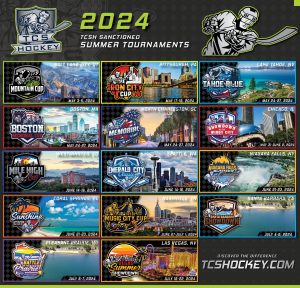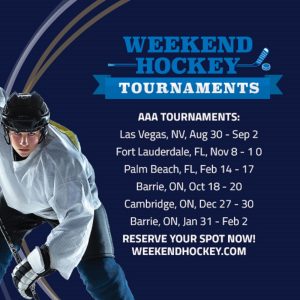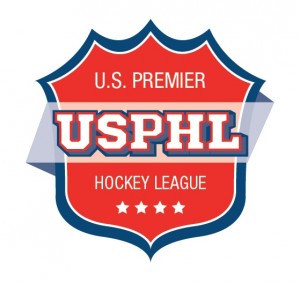From the Trainer’s Room: How to stay injury-free during summer ice, inline tournaments

It is the time of year when hockey tournaments are dominating the schedule.
Whether it’s a NARCh event, State Wars, or a fun offseason ice tournament, the hockey athlete still needs to take care of their body. Tournament play brings about several variables that are not considered during a “normal” season where schedules are planned out months in advance.
Many things have to take place for the hockey players to be successful in tournament play. The most important is being able to recover from one game to the next.
Taking the time to stretch and foam roll the appropriate muscles after a game is a great place to start. Start at the calves and roll your way up the legs to the lats and low back. Spend 30 seconds rolling each body part and then spend 30 seconds softly static stretching those same muscles. Prior to the game, a good dynamic warm up should be performed as a team to get all the athletes active and loose prior to the game. Excess time in the hotel hot tub may sound fun but can lead to dehydration and fatigue the following day.
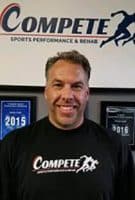
MIKE HANNEGAN
Playing multiple games in a day will obviously require large amounts of energy. The main supply the hockey player uses for this energy is carbohydrates. Increased carbohydrates in the diet at the right time can help maintain higher energy levels and help maintain the level of play.
Meals should be eaten 3-4 hours prior to the game. Small amounts of protein can slow absorption of carbohydrates which will help deliver carbohydrates to the working muscles more consistently over time. Pay attention to salty cravings, especially in hot humid climates, and replace those electrolytes with salty snacks like pretzels or sports drinks.
About 2-3 hours before a game, stick to foods such as bagels, cereals and English muffins, along with fruits. Be sure to stay hydrated but avoid beverages with caffeine, carbonation, or other stimulants. With one hour or less before a game, stick with sports drinks or fresh fruit if something has to be eaten. Try to avoid eating too much right before a game or in between games as larger meals take longer to digest and can cause stomach cramping or distress.
Following the game, try to have a carbohydrate snack around the 30-minute mark with a good meal (good ol’ pasta) within a couple hours.
Tournaments are a great way for teams to get together and have fun (including the floor hockey games at the hotel!!). They do require the player to pay attention to their bodies to reduce the risk of injury. For every game, take the time to prepare and recover while supplying yourself with the proper nutrition to give yourself the best chance for success.
Mike Hannegan is an athletic trainer and strength coach with 10 years of experience in the NHL with the Anaheim Ducks and St. Louis Blues. He is currently the director of the Compete Sports Performance and Rehabilitation facility inside The Rinks-Yorba Linda Ice located in beautiful Orange County, Calif. He can be reached at mike@competeperformance.com.
(May 19, 2022)

